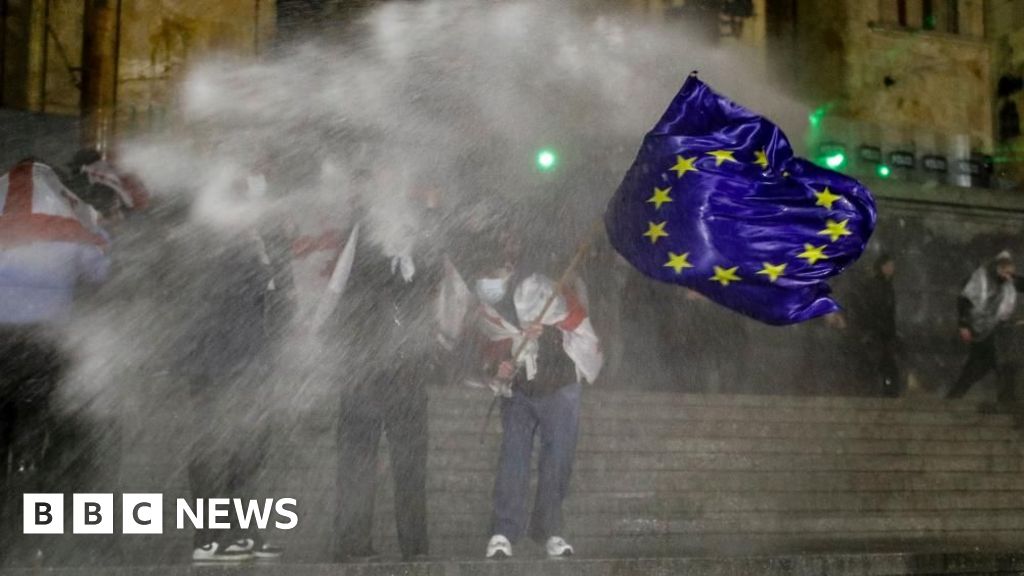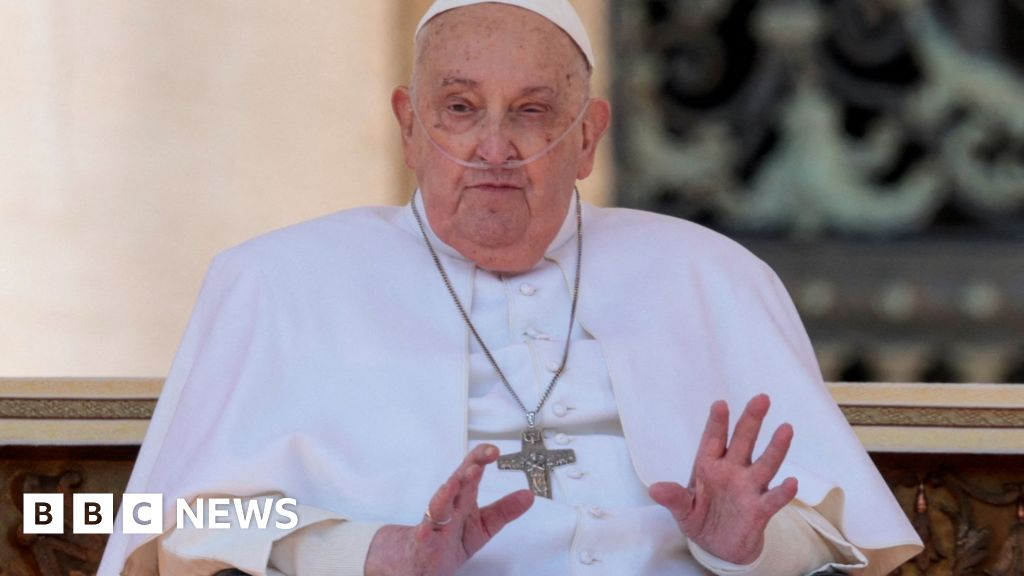China and Russia Fail to Defund UN Human Rights Work — Global Issues
NEW YORK, Feb 15 (IPS) – United Nations member states agreed to fully fund UN human rights mechanisms that China, Russia, and their allies had sought to defund in the 2023 budget. This should set a precedent for UN human rights funding in the future.
Human Rights Watch has warned for years about China and Russia-led efforts to slash funding for UN human rights work, which was aimed at undermining decisions by the UN Human Rights Council, General Assembly, and Security Council.
During the General Assembly’s budget negotiations in late 2022, China, Russia and allies proposed a resolution to defund human rights investigations in Sri Lanka, Iran, Venezuela, Russia, Ukraine, Nicaragua, North Korea, Belarus, Syria, and Eritrea. Ethiopia proposed a resolution to defund an investigation of war crimes and abuses in Ethiopia itself.
Israel also urged states to deny funding for an International Court of Justice advisory opinion on the legal consequences of its 55-year occupation of Palestinian territory.
All these efforts failed. The Czech Republic, as European Union president, countered by proposing full funding for human rights mechanisms at the level proposed by Secretary-General António Guterres. The resolution passed by a sizable majority.
There’s more good news. Not only did the defunding efforts fail, the highly problematic recommendations put forward by the UN Advisory Committee on Administrative and Budgetary Questions (ACABQ) were rejected.
The Advisory Committee is supposed to be an independent body of experts, but in recent years, its “experts” from countries like China and Russia have been pushing their governments’ anti-human rights agendas and advocating for sharp cuts in funding for human rights work, with no good reasons.
Due to divisions between Western countries and developing states, the standard UN funding compromise had become accepting the non-binding Advisory Committee recommendations. For example, if its recommendations had been adopted, the staff and budget for the Iran commission of inquiry would have been cut in half.
UN member countries should treat the successful UN budget outcome as a blueprint for the future. The job of the Fifth Committee – which oversees UN budget matters – is to allocate resources, not question mandates approved by UN legislative bodies.
They should also reform or replace the Advisory Committee on Administrative and Budgetary Questions with an advisory body staffed by genuinely independent experts, not diplomats doing the bidding of their governments.
Meanwhile, UN delegations should build on this success and ensure reliable full funding for all UN human rights mandates.
Louis Charbonneau is UN Director Human Rights Watch
IPS UN Bureau
Follow @IPSNewsUNBureau
Follow IPS News UN Bureau on Instagram
© Inter Press Service (2023) — All Rights ReservedOriginal source: Inter Press Service
Check out our Latest News and Follow us at Facebook
Original Source





